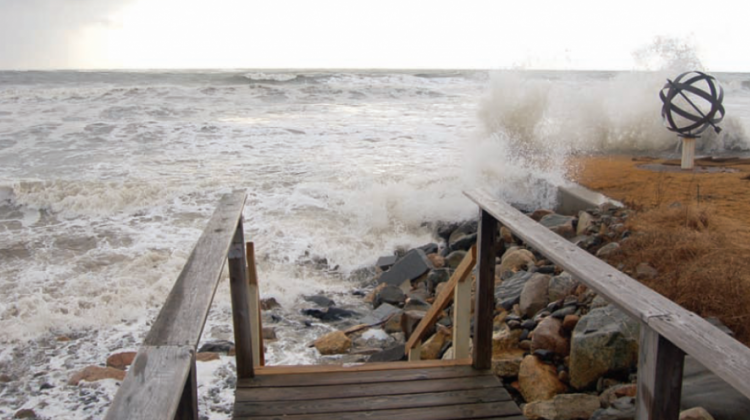This volume reports on the research completed as part of the multi-year New England Climate Adaptation Project (NECAP), a partnership between the MIT Science Impact Collaborative, the US Government's National Estuarine Research Reserve System, four New England coastal towns, and the Consensus Building Institute. The first half of the book offers a series of chapters that explain how and why climate adaptation requires collective rather than individual risk management. It argues that most of the responsibility for responding to climate risks—including sea level rise, storm intensification, changing patterns of rainfall, and increasing temperature—must be taken by local and regional stakeholders.
While collective action is critical for climate adaptation, many communities are not ready to effectively tackle the adaptation challenge, and need enhanced collaborative capacity to support collective risk management. Using concrete examples, this book offers strategies to increase the readiness of communities to deal effectively with the impacts of climate change. It introduces methods for assessing local climate change risks and describes tools for evaluating the social and political contexts in which collective action can take place. It also shares NECAP research demonstrating that engaging communities in tailored role-play simulations has impacted public understanding of climate risks and local readiness to support collective risk management efforts.
The second half of the book presents the products of NECAP, including stakeholder assessments (showing how key stakeholders think about climate risks), risk assessments (including downscaled forecasts from global climate models presented in a way that is accessible to the public), tailored role play simulations (that other communities can use to engage residents in their locality), community case studies (that provide statistical and qualitative evidence of the before-and-after impact of public engagement in serious games), and the results of public opinion polls following interventions in each community after almost 18 months.
https://anthempress.com/managing-climate-risks-in-coastal-communities-pb



